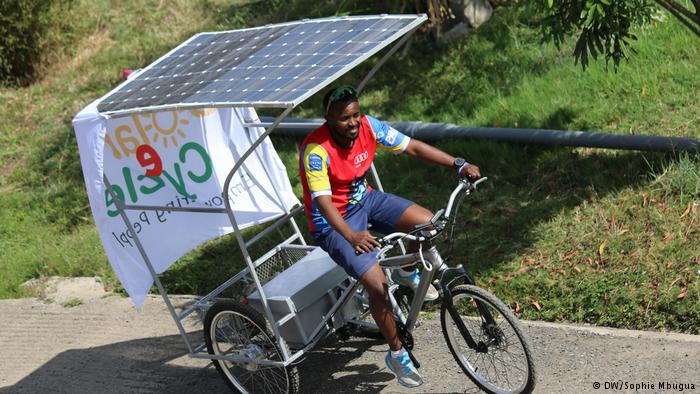Kenya’s informal economy literally rides on boda boba; motorbike taxis. These two-wheelers ferry people and goods up and down busy streets as they meander through traffic. They are also quite efficient in remote and rural areas where conventional cars would find the terrain hard.
More Bikes than Cars in Kenyan roads
Bodaboda have also turned into one of the fastest growing job-creating industries, especially for the youths. That said, Kenya is seeing an unprecedented number of motorbikes importation with stats from the Kenya National Bureau of Statistics (KNBS) showing that in 2017, there were at least 190,000 new motorbikes and three-wheelers registered in the country. A tall figure compared to just 66,000 registered cars.
In 2018, there were over 108,000 newly registered motorbikes, while cars were at 38,000. This trend is projected to grow, with motorcycles quickly becoming the preferred choice of commuting given their affordable fare and the fact they can navigate through traffic by meandering around cars.
Collectively, Bikes cause more pollution than Cars
We all know the havoc greenhouse gases is causing to our planet. Much of global warming can be attributed to human’s activity of burning fossil fuels, and historically in Kenya (and across the globe) cars on the roads have been releasing more greenhouse gases than any mode of transportation.
That is why car manufacturers alongside scientists have been working around the clock to come up with eco-friendly cars. That comes in the form of electric vehicles such as the ones you see Tesla working on, or hybrids that use both battery and fossil fuels. There is also some work being done in releasing solar-powered vehicles, but so far that project is not quite promising as the aforementioned.
Now that Kenya seems to be getting more motorbikes onto the roads than cars. It faces a serious problem of increased emission of greenhouse gases. The fact that research and investment being put into producing motorbikes with less emission is much less than that for cars.
Motorbike release more harmful emissions than cars
“Cars are getting more efficient because of vehicle emission technologies, while motorcycles are not,” said David Rubia, an air quality and mobility program officer at the UN Environment Program. “One motorcycle can have up to 300 times more hydrocarbon emissions, and 10 to 50 times more for particulate matter [compared to] an average petrol car.”
Solar-Powered Motorbike to save Nairobi from the smog
Kenya through the Nationally Determined Contributions (NDCs), is determined to reduce carbon emissions by at least 30% by the year 2030. Thus there is a plan to make at least 20% of the motorbikes on Kenyan roads run purely on batteries that are charged by solar.
The NDC and other stakeholders say that unlike electric cars, electric motorbikes will require a small investment for it to run on battery-powered motors. They also don’t require a wide network of charging stations as electric cars do.
The rider can charge his or her bike while at home, using the normal wall power outlet in their house. A full charge is estimated to have enough juice for a 50 km (30 miles) mileage, and while the bike is out and about during the day. It still gets its batteries recharged by the Sun. Should sunshine not be sufficient to charge the battery enough, or it is nighttime, the rider has the option of manually pedaling the home or to the nearest wall power outlet.
The solar power initiative is also working on tricycles, commonly known as ‘Tuk Tuk’ in Kenya.



